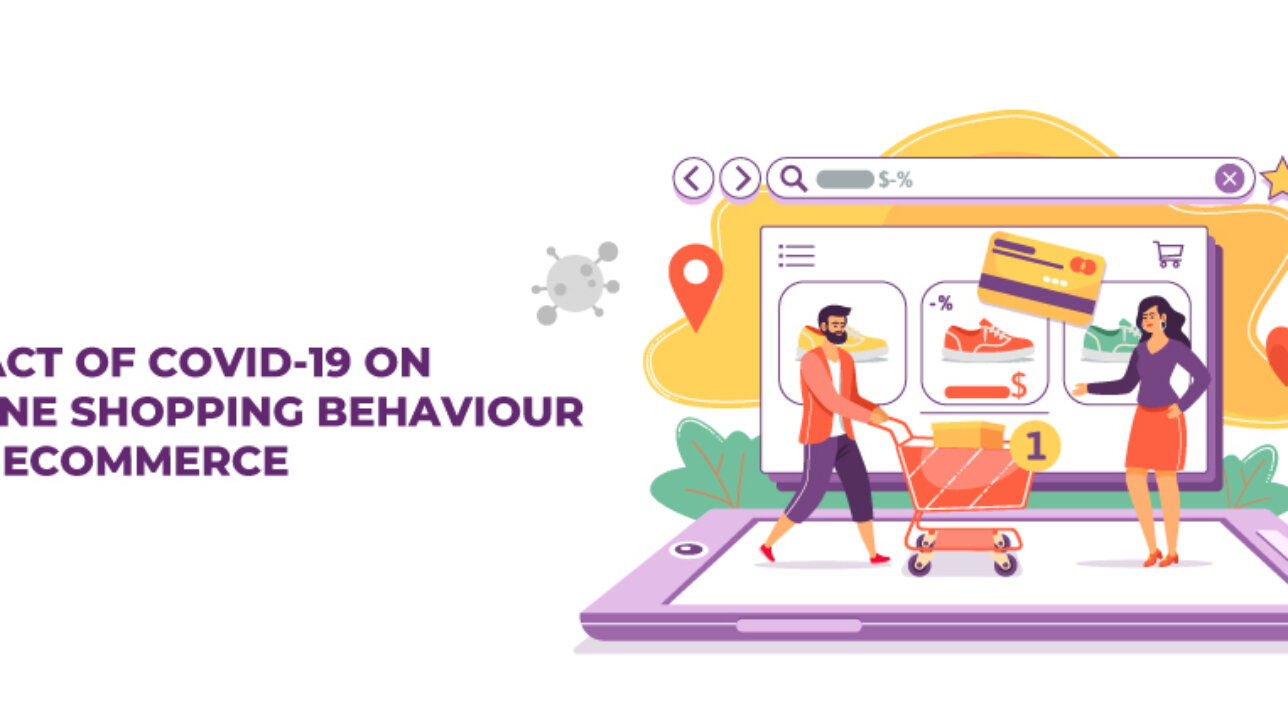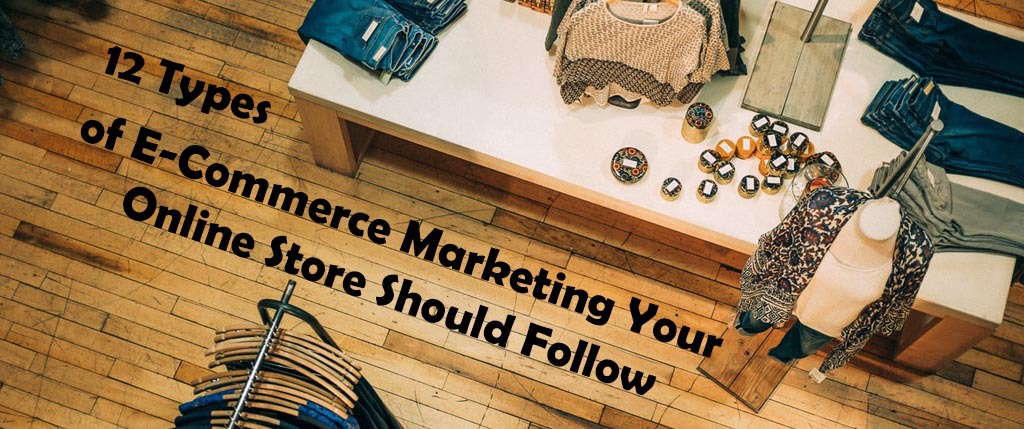It’s not too early to conclude that the global COVID-19 pandemic is likely to be one of 2020’s defining events, which will have consequences that will last long into the decade.
The situation is changing rapidly. The number of people deemed healthy to gather in one location has dropped from thousands to almost none.
Several big cities are closing down restaurants, bars, movie theaters, and gyms. Meanwhile, many office employees face new full-time job problems remotely.
Coronavirus is dramatically shaking up industries and customer behaviour. As it goes on to spread, countries have enforced COVID-19 travel restrictions to reduce the spread of the virus.
Not only this; when the spread of coronavirus surged, the government enforced a lockdown to lessen its impact and to ensure the safety of the citizens.
Due to this, customers are stockpiling, most likely to be prepared for the worst lockdown situations.
We’ve all seen the videos and images of what certain supermarket shelves look like while people are planning for the worst. Stores have a shortage of essentials such as toilet paper and hand sanitizer.
As people accepted social distancing as a way to stop the spread of the pandemic, a drop-off in brick-and-mortar shopping has of course occurred.
Surge in Online Shopping
And this mounting anxiety about the outbreak of COVID-19 all over the globe has a massive effect on the conduct of shopping online and boosting eCommerce.
As most people need to avoid big crowds and public spaces, they turn to eCommerce providers to source their essentials.
However, eCommerce sales are not higher across the board, although there are major upsurges in some industries. It is especially true for household goods and grocery sellers online.
At this point, where customers are increasingly using digital methods to plan for a potential emergency, retailers need to ensure that their eCommerce websites and mobile apps provide secure, frictionless and fast experiences to customers.
.jpg)
Source: https://onlinegroceryshoppingstoreblog.wordpress.com/tag/grocery-items/
eCommerce Companies Overwhelmed
In India, it has contributed to a rise in the number of FTUs or first-time eCommerce users who were apathetic about online shopping so far.
On 25th March 2020, the following announcement was made by a leading online grocery player in India — Big Basket. “We’ll be back soon! We are currently experiencing unprecedented demand. In light of this, we are restricting access to our website to existing customers only. Please try again in a few hours.” The sudden rise in the demand was so overwhelming that it faced a breakdown due to the COVID-19 situation.
Amazon, one of the leading eCommerce companies across the globe, has stated on its platform that consumers depend on them in their social distancing and self-quarantine activities, like never before.
Food Delivery Impacted
The situation also impacted food delivery services on a large scale.
With a rapid increase in coronavirus’ hold, restaurants have been ordered by several states to close for dine-in customers and turn to takeout only.
Yet how healthy and safe is it to order food with the abundance of deliveries while we try to stop the spread of a highly infectious illness?
In fact, delivery persons from Swiggy and Zomato have alleged they have been beaten up and hassled in the last few days for doing their jobs. Currently, these food delivery apps do not operate in most places.
.jpg)
The concerns are still raised by the fear of virus transmission through delivery guys. But the companies have solutions for this as well.
Flipkart made temperature monitoring mandatory for all staff, vendors and tourists, using infrared thermometers. They also recommended individuals with reported flu symptoms to return home and stay quarantined.
Amitesh Jha, Senior Vice President – eKart & Marketplace at Flipkart said, “For our supply chain and logistics network, we have organised more than 3,000 awareness sessions covering over 100k employees across all our facilities on how our employees and partners can minimize their exposure by following simple precautionary measures.”
Online shopping giant Amazon revealed this week that it is planning to employ 1 lakh employees in the U.S. in its fulfillment centers and distribution network as more and more people rely on online orders due to the coronavirus pandemic for their everyday needs.
The companies also came up with contactless distribution at select locations to the customers.
Amazon has started field trials of Amazon Scout, a small, self-driving delivery vehicle with a prime logo on it. Amazon Scout will distribute packages in the pilot during daylight hours, Monday through Friday.
.jpg)
Source: https://www.supermarketnews.com/online-retail/amazon-tests-autonomous-vehicle-deliveries
Once Scout arrives at the home of the customer, they can walk to the car; then the top flips open automatically, and they get their order.
Customers do have the right to ask the delivery company to leave their packages at their residential complex’s security booth to avoid being in any kind of contact with the delivery guy.
Even the companies have requested customers to make use of payment gateways instead of cash-on-delivery options.
Retailers Suffer The Most
Though online shopping is taking a boost, the retail sector has been especially hit hard.
Big retailers such as Uniqlo, Adidas, Apple and small and medium-sized retailers have shut down their stores.
Companies forced to close their brick and mortar stores are promising discounts or free shipping deals to move their online sales forward.
.jpg)
Because of the closure of offline shops, companies who don’t have a webshop are encouraged to look at the social commerce option, selling via Facebook or Instagram.
Such in-app transactions have the advantage of holding consumers on the same platform to complete a search or sale, which decreases the possibility of losing consumers.
It could help to provide free returns for new buyers in the fashion industry where the returns are very high.
It reduces the barrier and increases trust to purchase from a brand as buyers are uncertain about sizing and price. The same goes for companies in the furniture and decoration market.
ECommerce Will Continue To Grow
Online shopping, which is already growing, will expand even more, as customers invest less public time. And the general retail industry will, of course, continue to move dollars online.
Retail, which had been on a growth streak for a decade, is expected to experience the first downturn since the recession. We hope that, once the effect of COVID-19 declines, things start falling into place for this industry.






